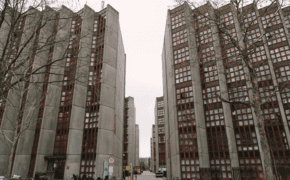Universitetsavisen
Nørregade 10
1165 København K
Tlf: 35 32 28 98 (mon-thurs)
E-mail: uni-avis@adm.ku.dk

You can only be a good student if you also feel well, writes Mathilde Winsløv, after getting through a period of depression.
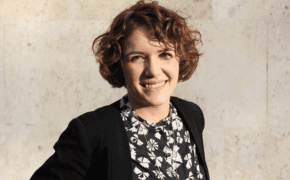
Private sector organisations have started negotiating wages and benefits for the coming year. For the first time since the crisis, there is money on the table. But the agreements will also be about new rights. The results will show what staff at universities can expect

News station TV2 reckoned that two beautiful old linden trees between Trinitatis Church and the Studenterhuset café have been cut down because they had been urinated into oblivion. But does the story hold water?
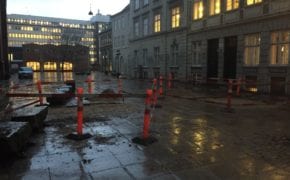
In the basement of the old Royal Veterinary and Agricultural University deformed animals are kept in formalin. The veterinary collection of deformities has lost its scientific value, but it is a cultural treasure that is in danger of disappearing
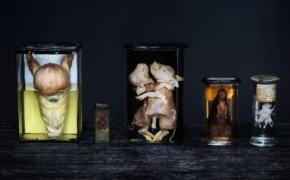
The University of Copenhagen let the press in to the Maersk Tower one week before the official inauguration. We were blown away. What do you think?
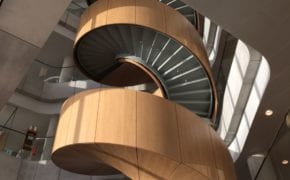
He is the best in Denmark at working with a spreadsheet and he is heading for the World Cup. Political science student Mathias explains why he has so much fun on Excel, that he can easily spend 14 hours a day on it
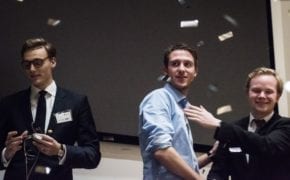
A new gas affects global warming 93 per cent less than the gas presently used in the electricity grid's substations. Researcher from the University of Copenhagen leads the team that has identified the substance

Group of political science students waited in vain to be examined. The examiner had mistaken the date

Things have changed quite a bit since we looked at Oresundskollegiet back in 2014. The University Post dropped by to see what life is like now at the dorm. Here is our updated review for 2017.
